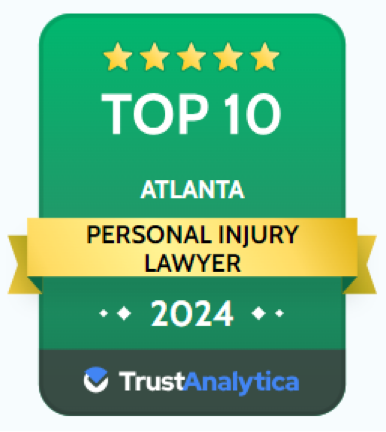All information provided about the law is very general in nature and should not be relied upon as legal advice. Every situation is different and should be analyzed by a lawyer who can provide individualized advice based on the facts involved in your unique situation, and a consideration of all of the nuances of the statutes and case law that apply at the time.
What is false imprisonment?
False imprisonment is defined as an act in which one person restrains or confines another person without that other person’s consent and without authority to do so.
A person subjected to false imprisonment can make a claim for monetary compensation, and the person who committed the act can also be held criminally liable.
False imprisonment typically happens when a store owner or employee stops and restrains or confines a customer believed to have committed theft. The key element to any false arrest/imprisonment claim is when the victim is innocent of any wrongdoing. Being stopped, restrained, and held against your will without legal authority is undoubtedly a stressful, emotional, embarrassing, and sometimes dangerous experience.
False imprisonment can include physical restraint, such as tying one’s hands behind his or her back, placing handcuffs on the person, or tying a person to a chair, among other methods of physical restraint. A simple act of a stopping a customer from leaving a store can constitute false arrest. False imprisonment can also include placing a person in a bound area such as a locked room in the back of a store.
At Montlick, we do not handle cases involving false imprisonment or false arrest. If your case falls under one of these categories, we recommend seeking assistance from a specialized attorney in that field to ensure your rights are fully protected. We’re happy to refer you to trusted professionals in our network who specialize in these areas.
How useful is this for you?
Would you like to speak with an attorney?
Call NowRelated Questions
We Win More than Settlements.
We win the peace-of-mind you need to get your life back.
At Montlick, we believe comprehensive legal representation is a right, not a privilege. That’s why we provide our services on a contingency fee basis. You only pay when we win.








